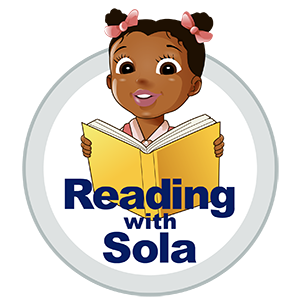Reading is one of the most important skills a person can have. It opens doors to new ideas, perspectives, and worlds. For underrepresented minority children, learning to read can have a profound impact on their future success and well-being. In this blog post, we’ll explore why it’s so crucial for these children to have access to high-quality reading instruction.
First of all, reading is a fundamental part of education. Children who can read well are more likely to succeed in school, earn higher grades, and be better prepared for college and the workforce. This is particularly true for underrepresented minority children, who often face a number of barriers to success in school. Learning to read helps to level the playing field and provides these children with the skills they need to succeed.
In addition to being important for academic success, reading also has many other benefits. It helps children develop critical thinking skills, expand their vocabularies, and improve their memory and concentration. It can also help them build self-esteem, increase their cultural awareness, and foster a love of learning.
Unfortunately, many underrepresented minority children struggle with reading, often due to a lack of access to quality instruction and resources. This can lead to feelings of frustration and a lack of motivation to continue reading. This is a major problem, as it can have a negative impact on their future success and well-being.
To ensure that underrepresented minority children have access to high-quality reading instruction, we need to take a number of steps. This includes providing teachers with the training and resources they need to effectively teach reading, making sure that schools have access to a range of quality books and materials, and supporting programs that help children develop a love of reading.
In conclusion, learning to read is essential for underrepresented minority children. It provides them with the skills they need to succeed in school, helps them develop critical thinking skills, and fosters a love of learning. By providing these children with access to quality instruction and resources, we can help to ensure that they have bright futures ahead of them.

